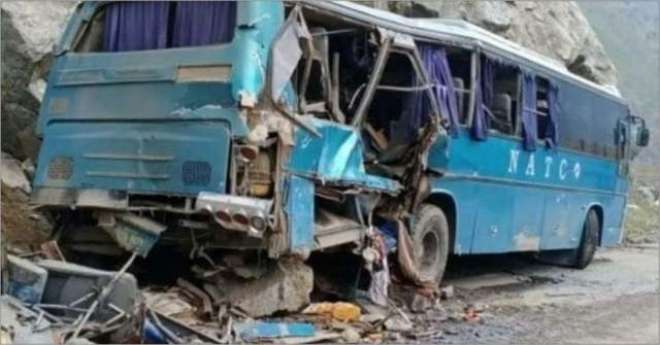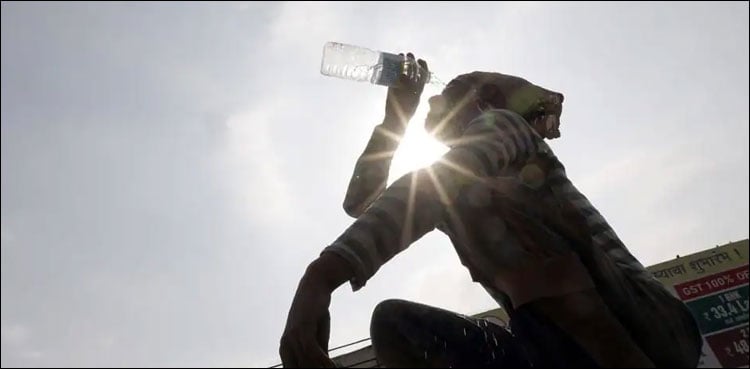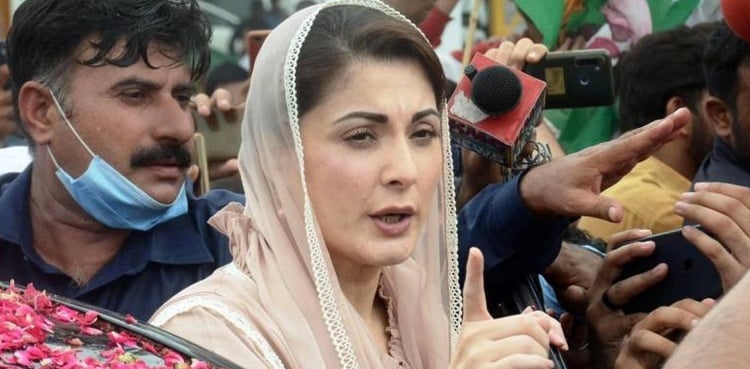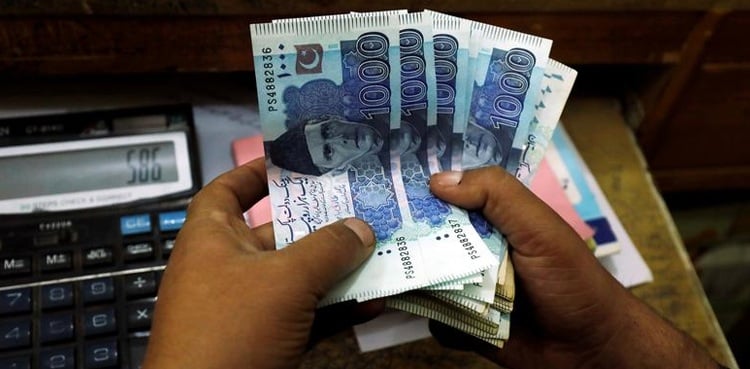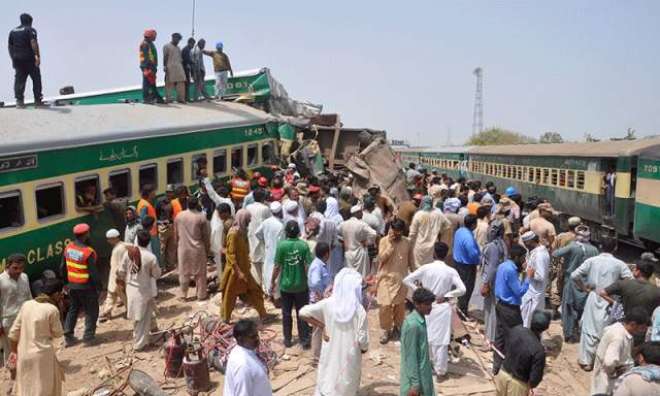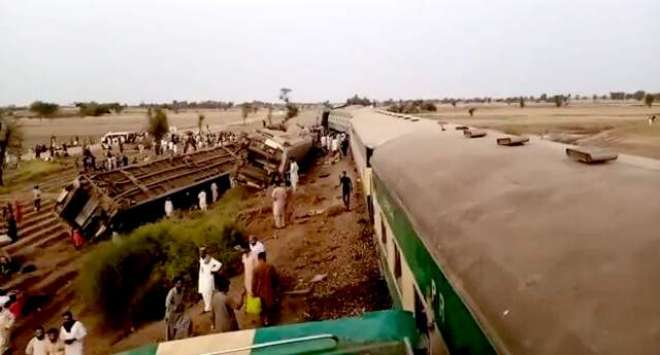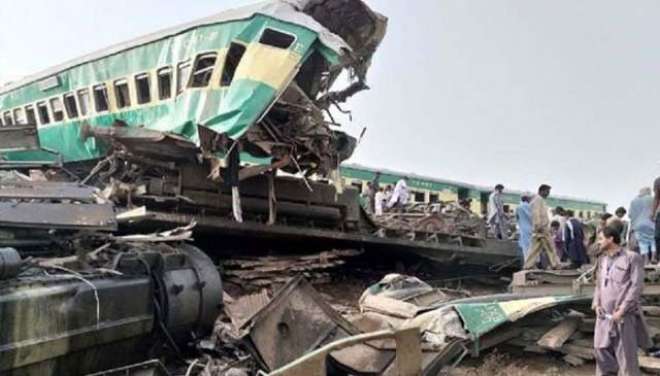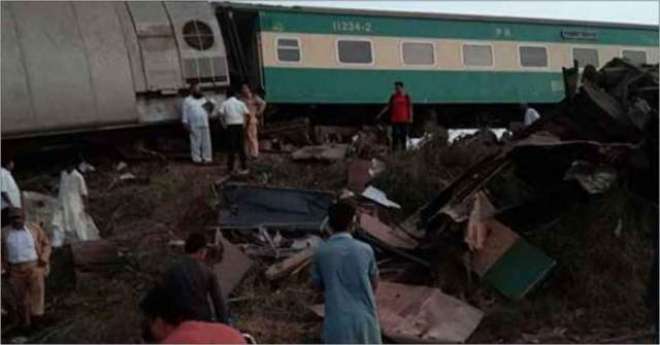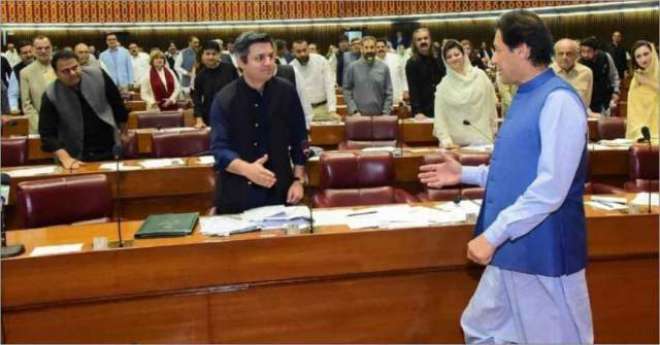Pakistan, India urged to improve communications to avert nuclear war
- September 13, 2013, 11:45 pm
- World News
- 241 Views
LONDON, Sep 13 (INP): An arms race in South Asia and Pakistan’s development of tactical "battlefield" nuclear weapons are increasing the risk of any conflict there becoming a nuclear war, the International Institute for Strategic Studies said in its annual survey.
Noting that Pakistan looks set to overtake Britain as the owner of the world’s fifth-largest nuclear weapons stockpile, the institute urged India and Pakistan to improve their communications to avoid any fatal misunderstandings during a crisis.
The think-tank cited Pakistan’s development of short-range tactical nuclear weapons, which in theory could be used to stop any conventional Indian armoured advance into Pakistani territory, as a particular cause of concern.
"The continuing expansion of Pakistan’s and India’s nuclear capabilities create ever greater concern about an intensifying nuclear arms race in South Asia," the institute said.
"Pakistan’s prospective introduction of tactical nuclear weapons increases the chance that a nuclear exchange will occur if a conflict breaks out, perhaps sparked by an act of terrorism."
Both India and Pakistan have brushed off western concerns about their nuclear arsenals in the past, saying that their only purpose is deterrence. India signed a nuclear agreement with the US in 2005 in effect recognising it as a nuclear weapons state.
Tactical nuclear arms, which can be used at close range on a battlefield, can increase the chance of an escalation, particularly if generals feel forced to use them to avoid them falling into the hands of advancing enemy troops.
Deployed against an invading army, tactical nuclear weapons would cause serious radiation damage to any country that used them, a major reason why North Atlantic Treaty Organisation countries eventually abandoned them as a counter to any Soviet advance during the Cold War.
"In such a scenario, parts of Pakistan’s densely populated agricultural heartland could become a nuclear wasteland," the institute said in an essay which gave unusual prominence to the South Asian arms race in the annual report.
Urging improved communications, the institute said India and Pakistan had not engaged in nuclear risk-reduction talks since 2007.
And in contrast to the relative strength of communications between the US and the Soviet Union during the Cold War, no serving head of the Indian army had met his Pakistani counterpart since 1949.


